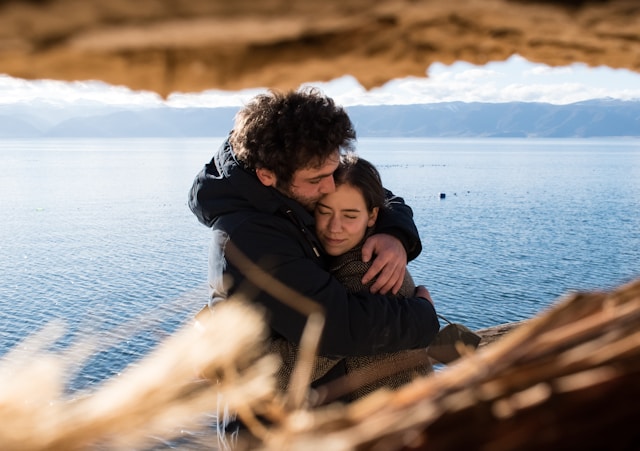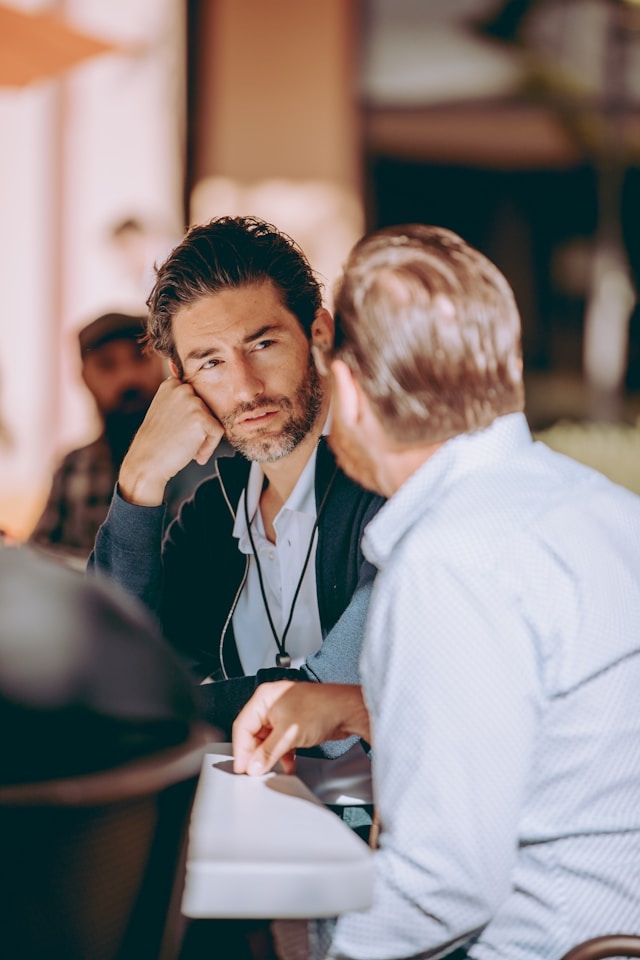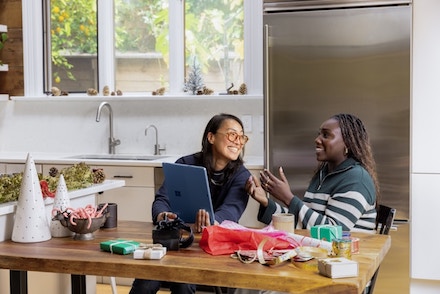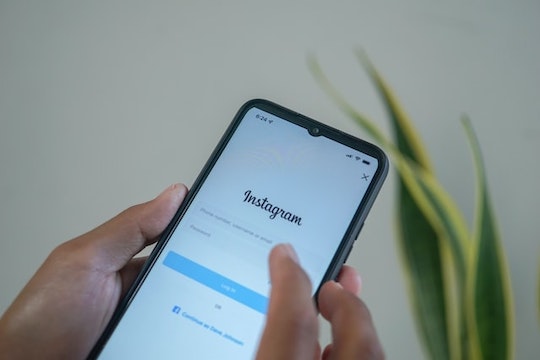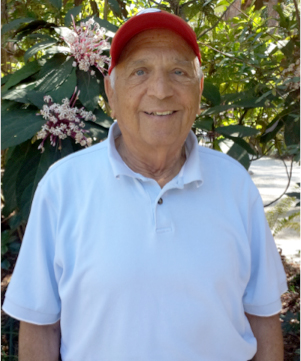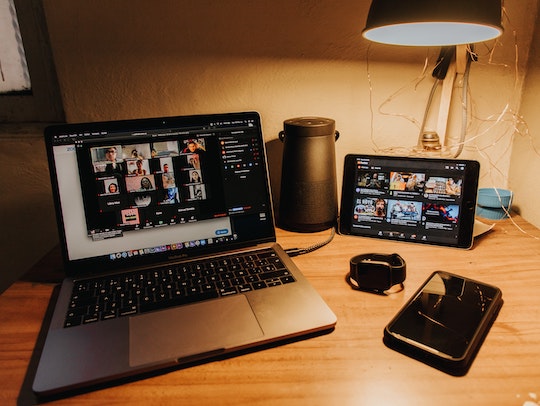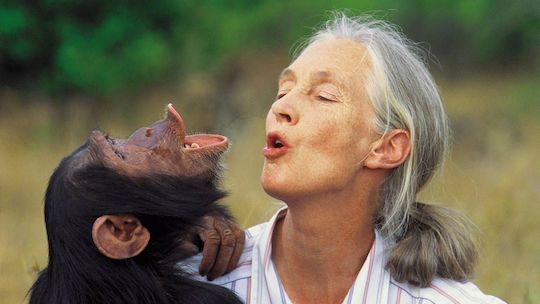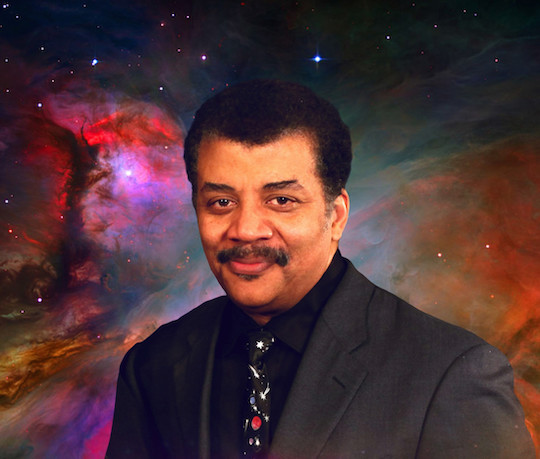Family, friends, or phone. Which one is your top priority?
—Calm App Reflection
Today’s quote challenges us to reflect on our true connections.
While our smartphones seem to keep us constantly connected, they can often create distance from the people who matter most.
Prioritizing meaningful relationships over screen time fosters deeper bonds, emotional support, and lasting memories.
It’s easy to be distracted by notifications, but real-life interactions nourish our well-being in ways a phone never can.
EXERCISE:
To what degree are you hugging your phone more often than family and friends?
What strategies can and will you put in place to show these important people that they come first?

